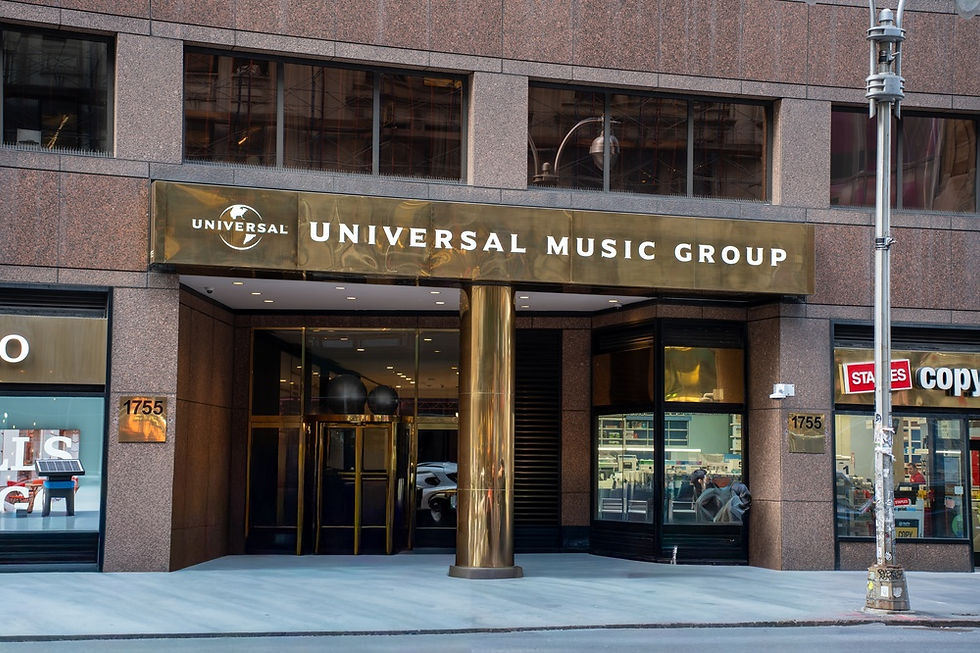Meta’s $14.3B bet on Scale AI sparks exodus of key clients over privacy concerns
- Marijan Hassan - Tech Journalist
- Jun 16, 2025
- 2 min read
Meta has invested $14.3 billion to acquire a 49% stake in Scale AI and to bring its 28-year-old co-founder and CEO Alexandr Wang into the fold. Wang, a onetime MIT dropout and Silicon Valley wunderkind, will now lead Meta’s new "superintelligence" initiative, an ambitious push to compete at the bleeding edge of AI.

The deal, which values the data-labeling giant at $29 billion, has sent shockwaves through the artificial intelligence world, raising urgent questions about data privacy, competitive ethics, and the future of AI development.
Clients in revolt
Scale AI’s core business is providing meticulously labeled training data for AI models, which has made it indispensable to nearly every top AI lab in the world. But with Meta now deeply entwined in its leadership and operations, customers are jumping ship over concerns that proprietary data could inadvertently (or intentionally) be exposed to a rival.
Reuters reported that Google, Scale’s largest client, has begun severing ties. The tech giant had planned to spend around $200 million on Scale’s services in 2025, but is now seeking alternative vendors. Microsoft, OpenAI, and Elon Musk’s xAI are also reconsidering their relationships with Scale, according to multiple sources.
"Clients want to work with someone neutral who could support all the labs equally," said Jonathan Sidharth, CEO of Turing, a competing data-labeling startup that already works with OpenAI, Anthropic, and Google. “This deal creates a clear opportunity for us to step in.”
Competition stepping up
The fallout is fueling a scramble among Scale’s smaller competitors. Mercor, a $2 billion-valued data-labeling company, is already reporting a “huge influx of demand” from firms leaving Scale, according to CEO Brendan Foody.
Francis Pedraza, cofounder of Invisible Technologies, emphasized his company’s independence as a key asset. “Staying neutral is not just a value, it’s a strategic advantage,” he told Forbes.
Even investors are taking notice. “This is an inflection point for the data supply chain in AI,” said one backer of a Scale rival. “There’s now a wide-open lane for others to capture business Scale dominated for years.”
Regulatory unknowns
It remains to be seen whether the deal will draw antitrust scrutiny. Meta is already under the microscope in the U.S., where the Federal Trade Commission has accused it of buying Instagram and WhatsApp to suppress competition.
Given the strategic nature of data-labeling in the AI ecosystem, regulators may take a closer look at Meta’s new influence over a previously independent supplier to its top competitors.
What comes next
Founded in 2016, Scale helped pioneer the human-in-the-loop systems that power models like OpenAI’s ChatGPT and Google’s Gemini. With Wang now tied to Meta, the AI community faces a high-stakes recalibration of trust, privacy, and alignment in the development of next-generation systems.
For Meta, the gamble may pay off in talent and technical edge. For everyone else, the race is on to find or become the next Scale AI.













